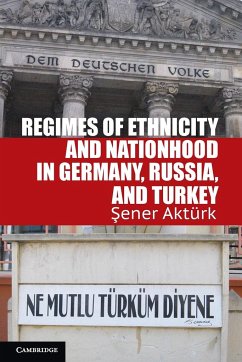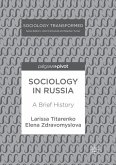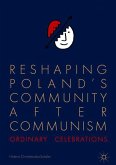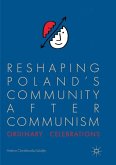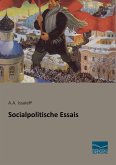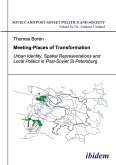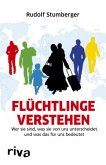Akturk discusses how the definition of being German, Soviet, Russian and Turkish radically changed at the turn of the twenty-first century. Germany's ethnic citizenship law, the Soviet Union's inscription of ethnic origins in personal identification documents and Turkey's prohibition on the public use of minority languages, all implemented during the early twentieth century, underpinned the definition of nationhood in these countries. Despite many challenges from political and societal actors, these policies did not change for many decades, until around the turn of the twenty-first century, when Russia removed ethnicity from the internal passport, Germany changed its citizenship law and Turkish public television began broadcasting in minority languages. Using a new typology of 'regimes of ethnicity' and a close study of primary documents and numerous interviews, Sener Akturk argues that the coincidence of three key factors - counterelites, new discourses and hegemonic majorities - explains successful change in state policies toward ethnicity.
'Regimes of Ethnicity [and Nationhood in Germany, Russia, and Turkey] provides an important and exciting contribution to the existing literature on ethnicity, minorities, and nationalism ... For scholars of nationalism and ethnicity, the book offers a robust theoretical framework for classifying regimes of ethnicity and explaining their persistence and change.' Yoav H. Duman, Comparative Political Studies

